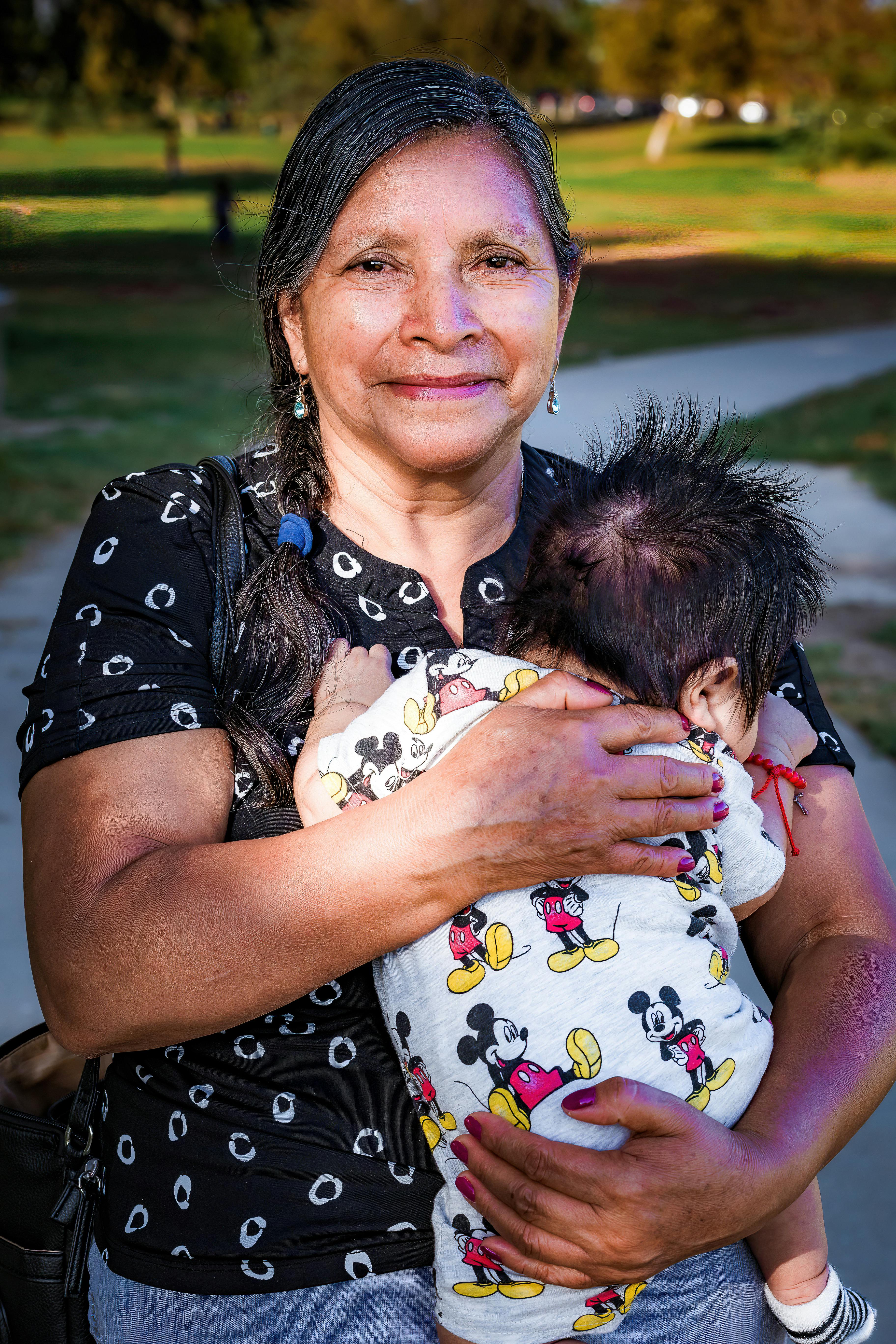Table of Contents
Safety First
When it comes to childcare, safety should always be your number one priority. Before the parents leave, be sure to familiarize yourself with any safety rules or guidelines they may have in place. This could include things like not opening the door to strangers, keeping certain areas of the house off-limits, or administering medication.
It’s also important to be vigilant and proactive when it comes to keeping the children safe. This means keeping a close eye on them at all times, childproofing the environment, and avoiding potentially dangerous activities or situations. In the event of an emergency, make sure you know where emergency supplies are located and how to use them.
On-Demand Childcare in Your Neighborhood
Book a Sitter
Establishing Routines and Boundaries
Children thrive on routine, so it’s important to establish a consistent schedule when babysitting. This could include meal times, nap times, and designated play times. By sticking to a routine, you can help the children feel more secure and comfortable in your care.
In addition to routines, it’s also important to establish clear boundaries with the children. Let them know what behavior is expected of them and what the consequences will be if they don’t follow the rules. It’s important to be firm but fair when enforcing boundaries, as consistency is key in gaining the children’s respect and trust.
Engaging and Entertaining
One of the most important aspects of babysitting is keeping the children engaged and entertained. This could involve playing games, doing arts and crafts, going on outings, or simply spending quality time together. Be sure to ask the children what activities they enjoy and try to incorporate them into your time together.

It’s also important to be creative and adaptable when it comes to entertaining the children. If you find that a certain activity isn’t holding their interest, be prepared to switch gears and try something new. Remember that every child is different, so it’s important to tailor your approach to their individual likes and dislikes.
Handling Emergencies
No matter how careful you are, accidents can still happen when babysitting. That’s why it’s important to be prepared for emergencies and know how to respond in a calm and efficient manner. Before the parents leave, make sure you have a list of emergency contacts, including the children’s doctor and the parents’ contact information.
In the event of a medical emergency, it’s important to stay calm and assess the situation before taking action. If necessary, call 911 or seek help from a neighbor or nearby adult.
It’s also a good idea to familiarize yourself with basic first aid techniques, such as CPR and the Heimlich maneuver, so you can respond quickly and effectively in the event of an emergency.
Communicating with Parents
Communication is key when it comes to successful babysitting. Before the parents leave, be sure to discuss any important information, such as bedtime routines, dietary restrictions, or special instructions. It’s also a good idea to provide the parents with updates throughout the evening, especially if there are any significant changes or concerns.
After the parents return, be sure to provide them with a detailed summary of the evening, including what the children ate, any activities they engaged in, and how they behaved. This can help to reassure the parents that their children were well cared for in their absence. Additionally, be sure to ask the parents for feedback on your performance and be open to any constructive criticism they may have.
In conclusion, babysitting can be a fun and fulfilling experience, but it also requires a great deal of responsibility and care. By familiarizing yourself with these essential childcare basics, you can ensure that you provide the best possible care for the children in your charge. Remember to prioritize safety, establish routines and boundaries, engage and entertain the children, prepare for emergencies, and communicate effectively with parents. With these key areas in mind, you can become a confident and capable babysitter who is trusted and valued by both children and parents alike.










